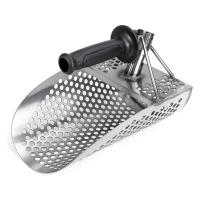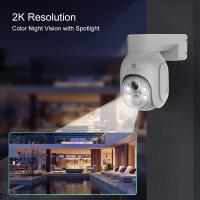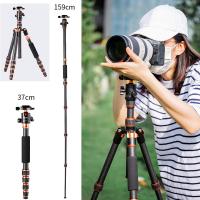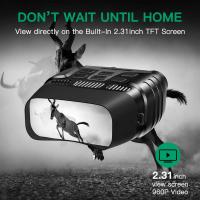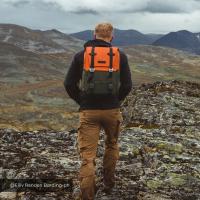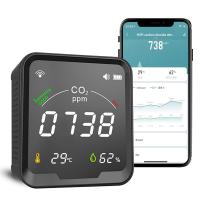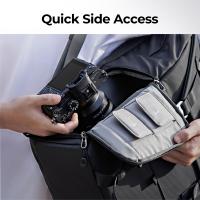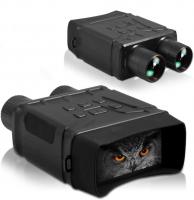What Do Uv Filters Do For Dslr ?
UV filters for DSLR cameras are designed to block ultraviolet light from entering the camera lens. This type of filter is particularly useful when shooting outdoors, as UV light can cause hazy and washed-out images, especially in high-altitude or coastal environments. UV filters can also protect the camera lens from scratches, dust, and other potential damage. However, it is important to note that not all photographers use UV filters, as some argue that they can reduce image quality or cause unwanted reflections. Ultimately, the decision to use a UV filter will depend on the photographer's personal preferences and shooting conditions.
1、 Protection against UV rays
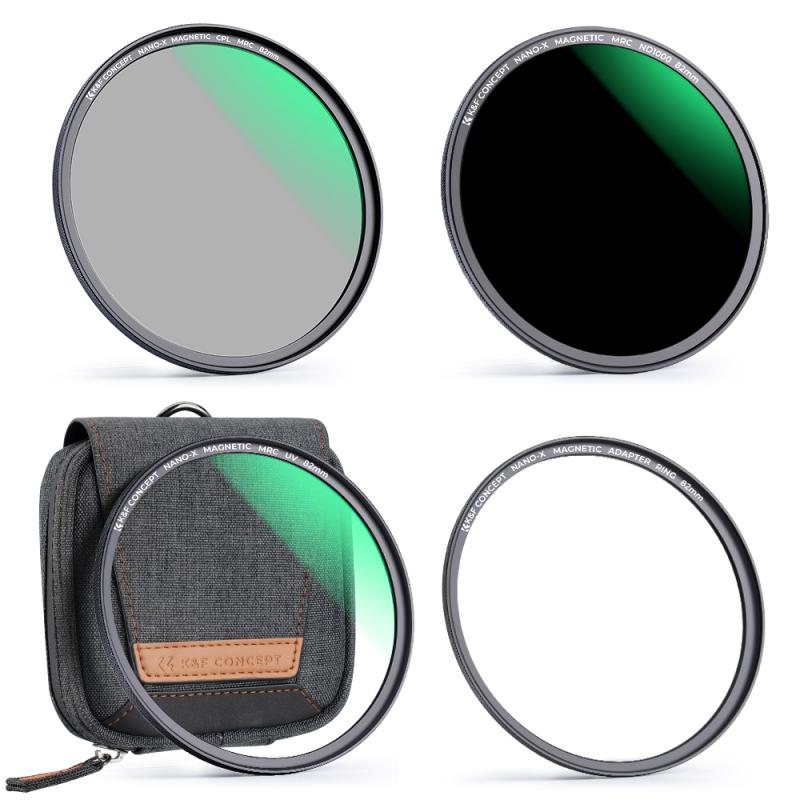
UV filters are a popular accessory for DSLR cameras that offer protection against harmful UV rays. These filters are designed to block out ultraviolet light, which can cause hazy and blurry images, as well as damage to the camera's sensor. By using a UV filter, photographers can ensure that their images are clear and sharp, even in bright sunlight.
In addition to providing protection against UV rays, some photographers also use UV filters as a way to protect their lenses from scratches, dust, and other debris. This can be especially important for outdoor photographers who are often exposed to harsh environments.
However, there has been some debate in recent years about the effectiveness of UV filters. Some photographers argue that modern DSLR cameras are already equipped with UV filters, making additional filters unnecessary. Others argue that UV filters can actually reduce image quality by introducing unwanted reflections and reducing contrast.
Despite these debates, many photographers still choose to use UV filters as a way to protect their equipment and improve image quality. Ultimately, the decision to use a UV filter will depend on the individual photographer's needs and preferences.
2、 Reduction of haze and atmospheric distortion
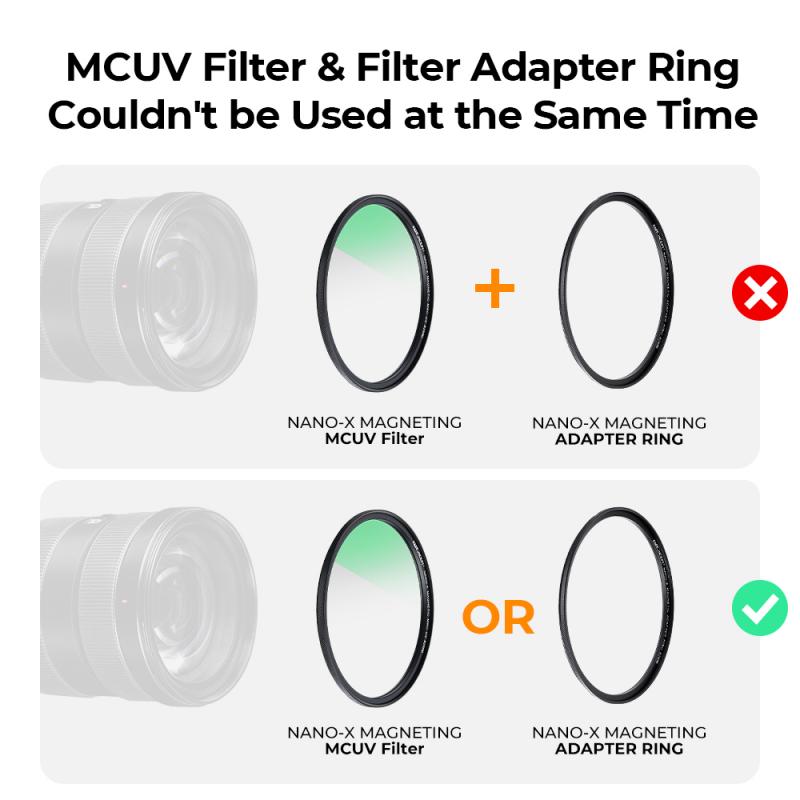
UV filters are a popular accessory for DSLR cameras that are used to reduce the amount of ultraviolet light that enters the camera lens. These filters are designed to block out UV rays, which can cause a number of problems in photographs, including haze and atmospheric distortion. By reducing the amount of UV light that enters the lens, UV filters can help to produce clearer, sharper images with more accurate colors.
In addition to reducing haze and atmospheric distortion, UV filters can also help to protect the camera lens from scratches, dust, and other types of damage. This can be particularly important for photographers who frequently shoot in harsh environments, such as sandy beaches or dusty deserts.
However, there is some debate among photographers about the effectiveness of UV filters. Some argue that modern camera lenses are already designed to block out UV light, making UV filters unnecessary. Others argue that UV filters can actually reduce image quality by introducing unwanted reflections and reducing contrast.
Despite these debates, many photographers continue to use UV filters as a simple and effective way to protect their camera lenses and improve image quality. Ultimately, the decision to use a UV filter will depend on the individual photographer's preferences and shooting style.
3、 Improvement of color saturation and contrast
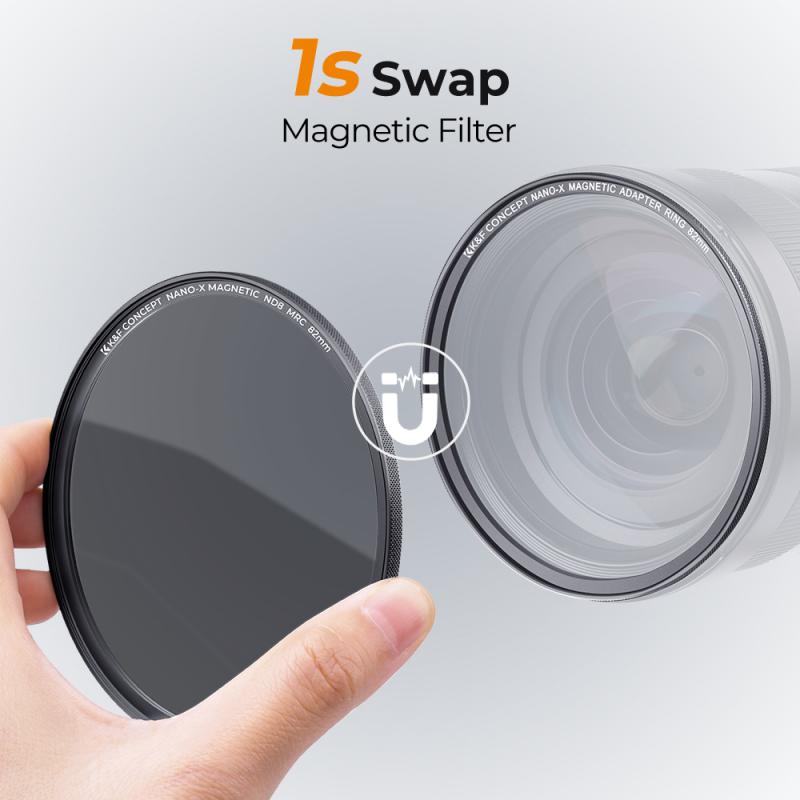
UV filters are a popular accessory for DSLR cameras that are designed to block ultraviolet light from entering the lens. These filters are typically made of high-quality glass or plastic and are placed on the front of the lens to protect it from scratches, dust, and other debris. But what do UV filters do for DSLR cameras?
One of the main benefits of using a UV filter is the improvement of color saturation and contrast. Ultraviolet light can cause a hazy or bluish cast in photos, especially in outdoor settings. By blocking this type of light, UV filters can help to produce clearer, more vibrant images with better color accuracy. This is particularly important for landscape and nature photography, where the colors of the sky, foliage, and water can be affected by UV light.
In addition to improving color saturation and contrast, UV filters can also help to reduce lens flare and ghosting. These are common problems that can occur when shooting in bright sunlight or other high-contrast situations. By blocking UV light, the filter can help to prevent unwanted reflections and glare, resulting in sharper, more detailed images.
However, it's worth noting that some photographers argue that UV filters are not necessary for modern DSLR cameras, as most lenses are already designed to block UV light to some extent. Additionally, some filters can introduce unwanted artifacts or reduce image sharpness, so it's important to choose a high-quality filter that is compatible with your lens.
Overall, while the benefits of UV filters for DSLR cameras may vary depending on the situation and the photographer's preferences, they can be a useful tool for improving image quality and protecting your lens.
4、 Prevention of lens flare and ghosting
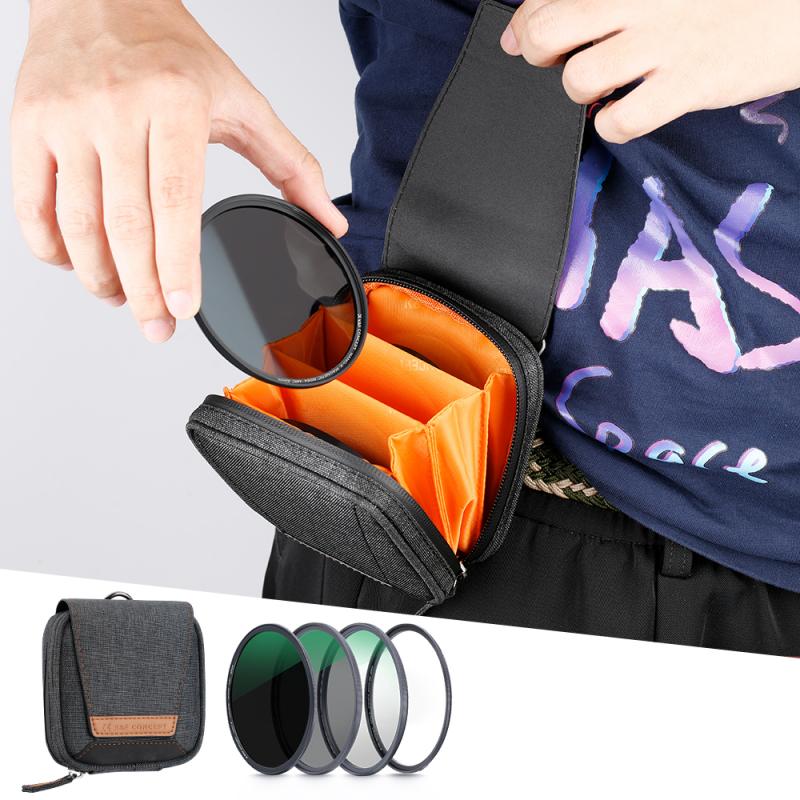
UV filters are a popular accessory for DSLR cameras that are designed to protect the camera lens from scratches, dust, and other types of damage. However, they also serve another important purpose, which is to prevent lens flare and ghosting.
Lens flare occurs when light enters the lens at an angle and reflects off the internal surfaces of the lens, creating a hazy or washed-out effect in the image. Ghosting, on the other hand, occurs when light reflects off the sensor and back onto the lens, creating a faint image of the subject in the background.
UV filters work by blocking out ultraviolet light, which is a type of light that can cause lens flare and ghosting. By reducing the amount of UV light that enters the lens, the filter helps to produce clearer, sharper images with better contrast and color accuracy.
In addition to their protective and image-enhancing properties, UV filters are also popular among photographers because they are relatively inexpensive and easy to use. However, some photographers argue that UV filters can actually degrade image quality by introducing additional reflections and reducing the amount of light that enters the lens.
Despite these concerns, many photographers continue to use UV filters as a simple and effective way to protect their lenses and improve image quality. Ultimately, the decision to use a UV filter will depend on the individual photographer's preferences and shooting style.

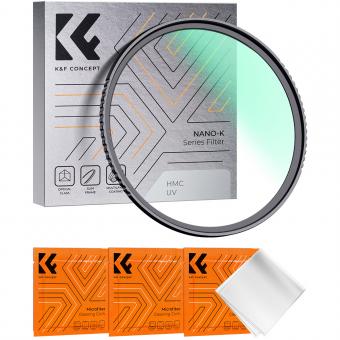
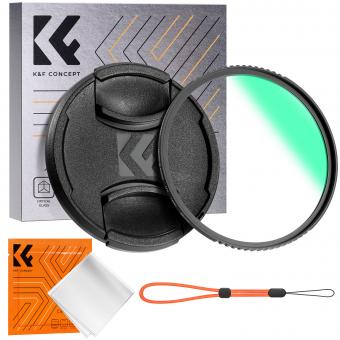
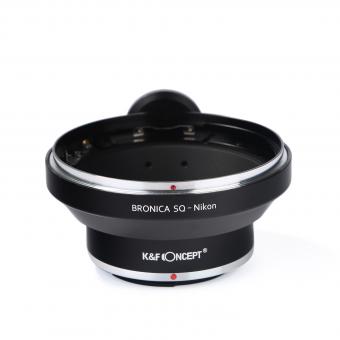
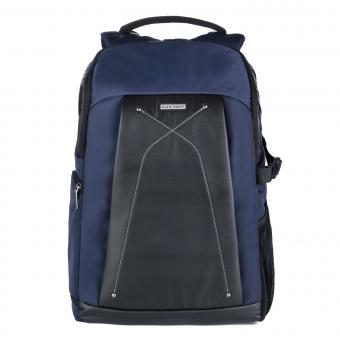
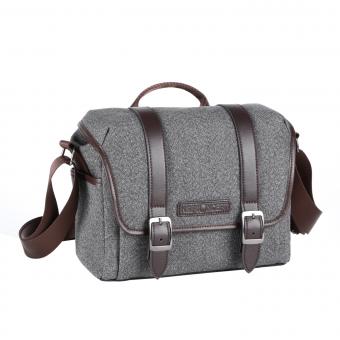
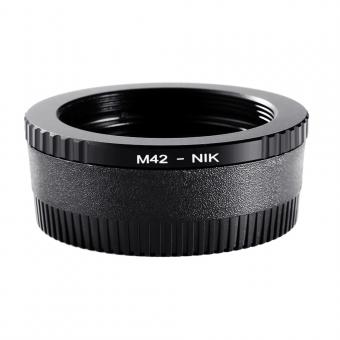
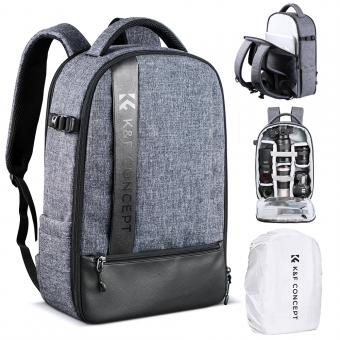
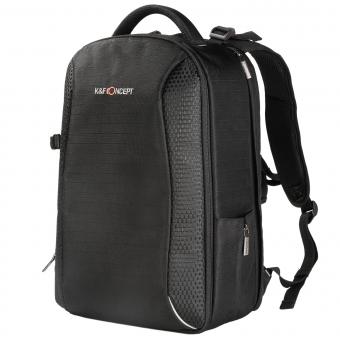
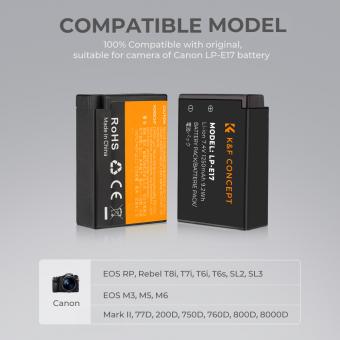


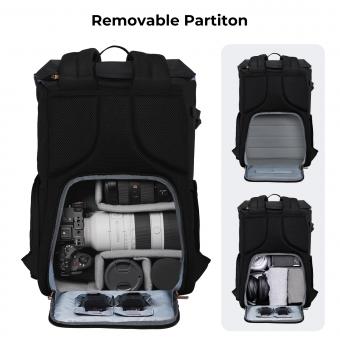

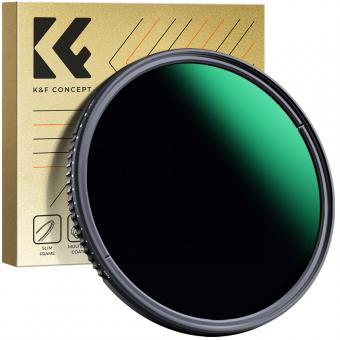


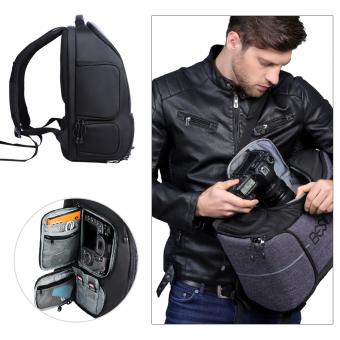
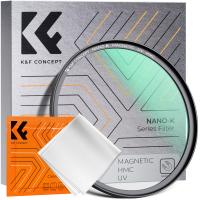
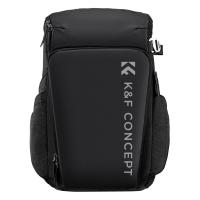
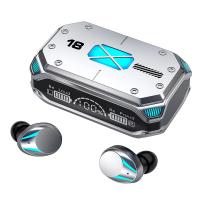
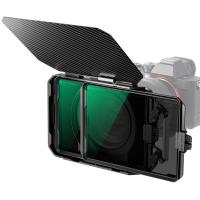

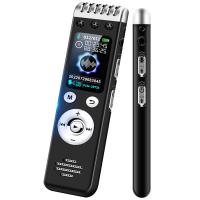
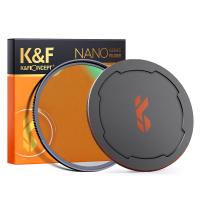
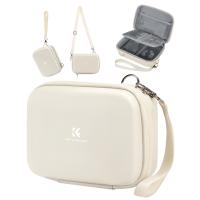
![Supfoto Osmo Action 3 Screen Protector for DJI Osmo Action 3 Accessories, 9H Tempered Glass Film Screen Cover Protector + Lens Protector for DJI Osmo 3 Dual Screen [6pcs] Supfoto Osmo Action 3 Screen Protector for DJI Osmo Action 3 Accessories, 9H Tempered Glass Film Screen Cover Protector + Lens Protector for DJI Osmo 3 Dual Screen [6pcs]](https://img.kentfaith.de/cache/catalog/products/de/GW41.0076/GW41.0076-1-200x200.jpg)
